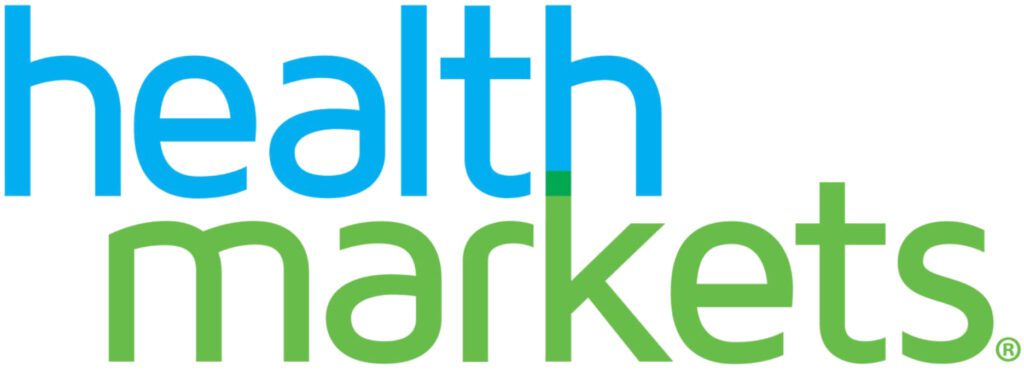- The Medicare Part-D formulary lists covered drugs, categorized by tiers, affecting your medication costs and access.
- If your medication isn’t on the formulary, consider alternatives, request exceptions, or file an appeal for coverage.
- Stay informed about mid-year formulary changes and consult an expert to navigate Medicare Part-D effectively.
Navigating Medicare plans is a challenge, especially when it comes to understanding the various components within the plan. Among these plans, Medicare Part-D is a critical component that provides prescription drug coverage. One of the key aspects of this plan, the formulary drug list, often raises an important question—What is a formulary, and how does it impact your access to medications?
Here’s an overview of the formulary drug list to help you make an informed decision.
What is a Formulary Drug List?
A formulary drug list, or a formulary, is a list of medications covered by a Medicare Part-D plan. Think of it as a menu of available prescription drugs that your plan will help pay for. This list is carefully curated based on factors like the drug’s efficacy, safety, and cost-effectiveness.
The formulary is divided into tiers, each representing a different cost level. Understanding how these tiers work can help you manage your prescription expenditure and avoid surprises at the pharmacy.
Why the Formulary Matters
The drug list is very important because it directly affects your access to medications and overall healthcare costs. If a medicine you require is not on the list, you must pay the full price out-of-pocket, which can leave a dent in your budget. Alternatively, you might need to switch to a different medication that is covered or request an exception from your plan, which isn’t always guaranteed to be approved.
Moreover, formulary lists can change. A drug covered one year might be excluded the next, or it might be moved to a higher tier, increasing your costs. This makes it essential to review the list yearly, especially during the annual enrollment period (AEP), when you can switch plans if necessary.
How Tiers Work
To understand your expenditure, you need to be familiar with formulary tiers. Most Medicare Part-D plans categorize drugs into different categories, each with a different cost-sharing level. Here’s a general breakdown:
- Tier 1: Preferred, low-cost generic drugs.
- Tier 2: Nonpreferred and low-cost generic drugs.
- Tier 3: Preferred brand-name and some higher-cost generic drugs.
- Tier 4: Nonpreferred brand-name drugs and some nonpreferred, highest-cost generic drugs.
- Tier 5: Highest-cost drugs, including most specialty medications.
Some plans might have additional tiers or use different structures, but the idea is generally the same: the lower the tier, the less you’ll pay for the medication.
How Drugs Are Added to the Formulary
The process of selecting drugs for the formulary is strategic and rigorous. Insurance companies rely on Pharmacy and Therapeutics (P&T) committees, which consist of doctors, pharmacists, and other healthcare experts, to evaluate drugs for inclusion. These committees review clinical data, compare the effectiveness of similar drugs, and consider each medication’s safety profile. They also weigh the cost against the benefits the drug provides to create a balanced list of treatment options.
What to Do if Your Drug is Not on the Formulary

You have several options if you find that a medication you need is not on your plan’s formulary.
Consider Alternatives
Consult your doctor and see if they can prescribe a different drug in the formulary. They may be able to prescribe one that works just as well for your condition.
Request an Exception
You can ask to make an exception for your plan, requesting that it cover a drug that is currently not covered or place it in a lower tier. This process usually requires documentation from your doctor explaining why the formulary alternatives are not suitable for your treatment.
File an Appeal
If your exception request is denied, you have the right to appeal the decision. This process can take time, so it’s important to start early and provide as much supporting information as possible.
Remember, these steps don’t guarantee that your drug will be covered, but they provide a pathway to try and get the medication you need at a more affordable cost.
Medications Not Covered under the Formulary
Aside from the mandatory drugs required by Medicare Part-D, insurers choose what medications to cover under the plan. As a result, certain types of drugs are generally excluded from coverage. These commonly include:
- Medications used for treating anorexia, weight loss, or weight gain
- Fertility medications
- Drugs intended for cosmetic purposes or hair growth
- Medications solely for the relief of cold or cough symptoms
- Drugs for treating erectile dysfunction
- Prescription vitamins and minerals (with exceptions like prenatal vitamins and fluoride preparations)
- Non-prescription/over-the-counter drugs
It’s important to note that while these categories are generally not covered, exceptions may apply if a medication is prescribed for a different condition that qualifies for coverage.
The Impact of Mid-Year Formulary Changes
Although your plan’s formulary is typically stable, there are circumstances where changes can occur throughout the year. These might include the removal of certain medications, shifts in tier placement, or the addition of new drugs to the list.
Fortunately, if you have a Medicare Part-D plan, you must be notified in writing in case of any changes affecting your current prescriptions. This notice usually arrives at least 60 days before the change takes effect, giving you time to discuss alternatives with your healthcare provider or request an exception from your plan.
Consult with an Expert
The complexities of Medicare Part-D and understanding the formulary can feel overwhelming, as your health and finances are at stake. This is where consulting with an expert becomes invaluable. A certified advisor and healthcare professional can help you review your plan options, explain how the list affects your specific medications, and guide you through necessary appeals.
Are you unsure if your Medicare Part D plan covers the medications you need? Our team at HealthMarkets Insurance, Eric Zawicki, is committed to helping you find the best plan for your healthcare needs. Contact us today for personalized guidance.


